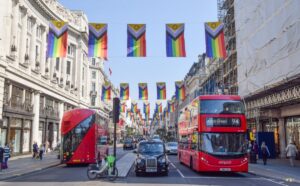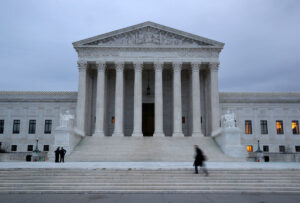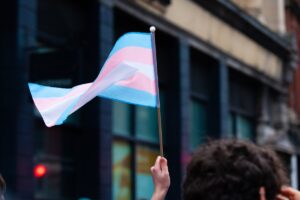
The introduction of a new conversion therapy ban in Northern Ireland is facing severe criticism. Described as “jellyfish legislation” for its ambiguous legal definitions, the proposed law is feared to potentially criminalize well-meaning actions due to its vague language.
Aidan O’Neill KC has authored a comprehensive 70-page evaluation of the legislation, pinpointing numerous technical and legal flaws. This bill, introduced by Member of the Legislative Assembly Eóin Tennyson, appears to have overstepped its bounds by affecting three governmental departments: Justice, Communities, and Health.
O’Neill, who collaborates with The Christian Institute, contends that the bill might be seen as both significant and controversial, falling outside the current mandate of the NI Assembly’s Executive Committee.
He likens the bill to similar proposals in Scotland, dubbing it “jellyfish legislation” because of its elusive concepts and undefined boundaries. The term “conversion therapy” itself remains unclear, potentially discouraging actions that could inadvertently breach the law. The proposed penalties include up to seven years of imprisonment.
Activities at risk of being interpreted as illegal include prayer, discussions about sex and sexuality, or parental guidance against gender transitioning.
O’Neill cautions that the bill could impose penalties on religious and political bodies that dissent from the state’s endorsed views on sexuality and gender identity.
James Kennedy, the Northern Ireland Policy Officer for The Christian Institute, expressed grave concerns, stating, “If Tennyson’s proposal gets onto the statute book, it will be a tragedy for Northern Ireland. Ordinary mums and dads will face criminalisation for helping their children to be comfortable in their own skin, rather than seeking lifelong medicalisation and so-called transition for them. Telling your child ‘let’s just wait and see’ could land you with lengthy jail time and fines.”
He further warned that traditional religious teachings on marriage and gender might face legal repercussions. Activities such as prayer meetings, Bible studies, and pastoral care could be subjected to the state’s enforced LGBT ideologies.
This article was originally written by www.christiantoday.com






